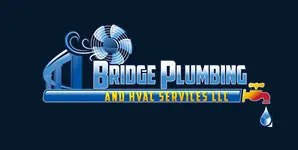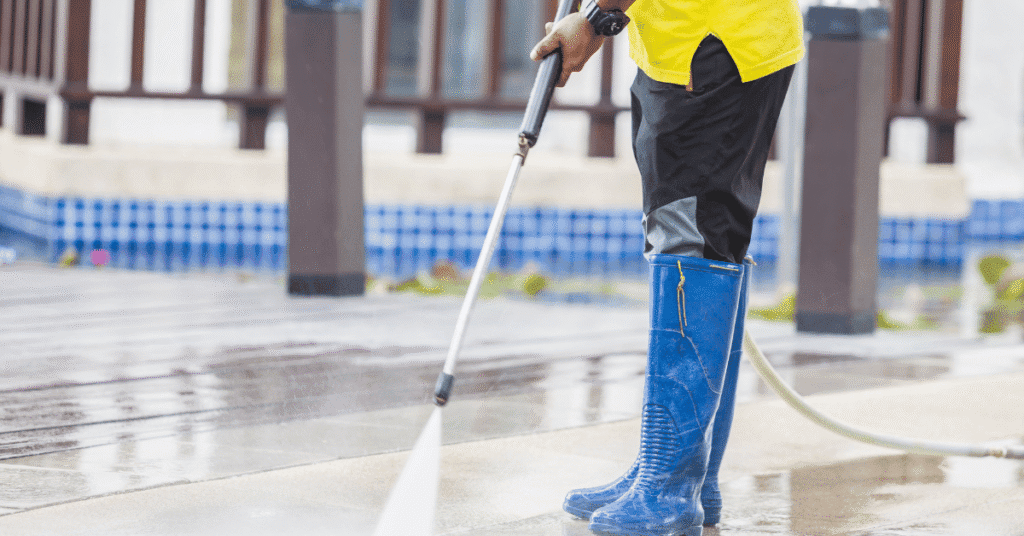Experiencing low water pressure in Peoria, AZ, can be more than a small inconvenience. From slow showers to underperforming appliances, it often signals deeper plumbing issues. This guide explains the possible causes of water pressure problems, how to troubleshoot them, and when to call a professional plumber for expert repair, cleaning, or installation. If you’ve ever struggled with a persistent low water pressure problem, this article will give you clarity and actionable solutions.
What Are the Common Causes of Low Water Pressure?
Low water pressure is not always simple to diagnose. A homeowner may be dealing with low water pressure caused by multiple plumbing system failures at once. The cause of low water pressure could be a small leak, a partially closed valve, or even issues with the main water supply.
Some common causes of low water pressure include:
- Mineral buildup inside a pipe.
- A hidden leak restricting water flow.
- Clogged plumbing fixtures like a faucet or showerhead.
- Pressure regulator malfunction.
- Corrosion in older homes with galvanized steel pipes.
- Municipal water supply interruptions from the water provider.
Knowing the possible reasons helps you take the right steps before problems escalate.
How Mineral Deposits and Hard Water Cause Low Water Pressure
In Peoria and across AZ, hard water is a leading culprit. Over time, mineral deposits and debris form inside pipes and fixtures. This buildup narrows the amount of water that can pass, restricting water flow and causing pressure issues.
Signs of mineral buildup include:
- White residue on fixtures and faucets.
- Appliances like dishwashers leaving spots on dishes.
- A drop in water pressure that worsens gradually.
A water softener or filtration system can reduce this problem by limiting calcium and magnesium in your home’s water.
Can Leaks Cause a Decrease in Water Pressure?
Yes. Even a minor leak can cause a noticeable pressure loss. When leaks divert water away from your fixtures, less reaches your showers, sinks, or laundry. Leaks can divert water away underground, causing a sudden drop in water pressure without visible signs.
Indicators of a leak include:
- A spike in your water bill.
- Damp walls, ceilings, or outdoor areas.
- Visible mold or water stains.
Unchecked leaks not only lower pressure but also lead to expensive water damage. Prompt repair is essential.

Is a Malfunctioning Pressure Regulator to Blame?
A pressure regulator keeps incoming water pressure in your home steady. A malfunctioning pressure regulator can cause reduced pressure throughout the property.
Typical symptoms:
- Sudden drop in household water pressure.
- Water trickling instead of flowing.
- Inconsistent pressure when using multiple plumbing fixtures.
When this device fails, only professional plumbing services can replace it correctly.
Could Clogged Pipes or Fixtures Be the Problem?
Like clogged pipes, faucets and showerheads often trap sediment and mineral buildup, restricting water flow. This is one of the simplest plumbing issues to resolve.
DIY cleaning tips:
- Remove the fixture.
- Soak in vinegar to dissolve mineral buildup.
- Rinse and reinstall for restored flow.
If clogging is deeper inside the plumbing system, however, a plumber may need to perform professional cleaning or installation of new fixtures.
How Aging Pipes in Older Homes Contribute to Pressure Loss
Older homes in Peoria often suffer from corrosion in pipes, particularly in properties with older homes with galvanized steel plumbing. Corrosion narrows the interior diameter, leading to lower water pressure.
Unfortunately, there is no quick fix. In these cases, pipe replacement installation is the only solution for restoring reliable water flow.
Could the Main Water Supply or Municipal Water Be the Issue?
Not every case of low water pressure in Peoria originates inside your home. The city’s water system occasionally undergoes repairs or faces high demand. Municipal water issues can cause a decrease in water pressure for entire neighborhoods.
Tip: If your neighbors also may be experiencing low water pressure, the issue lies with the water provider, not your private plumbing system.

What Role Does the Water Heater Play?
A water heater can also cause pressure problems. Sediment collects inside over time, restricting water flow and causing a decrease in water pressure in hot water lines.
Warning signs include:
- Long delays for hot water.
- Reduced hot water flow compared to cold.
- Rumbling sounds from sediment buildup.
Regular cleaning and flushing during annual maintenance prevents this problem.
What Quick DIY Steps Can Homeowners Try First?
Before calling a plumber, every homeowner should try these basic checks:
- Ensure the water meter valve and main shutoff are fully open.
- Clean faucets and showerheads to remove debris.
- Inspect for visible leaks inside and outside.
- Ask neighbors if they also have low water pressure (could be local water or municipal water issue).
These steps often fix small problems without major plumbing work.
When Should You Call a Professional Plumber in Peoria?
If your water pressure is low despite trying DIY fixes, it’s time for expert solutions. Signs you need professional plumbing include:
- Persistent low water pressure that won’t improve.
- Suspected hidden leaks behind walls or underground.
- Older homes with outdated pipes.
- A malfunctioning pressure regulator.
A skilled plumber in Peoria has the expertise in diagnosing all possible causes and providing top-notch plumbing services for lasting solutions.
How Franklin Plumbing AZ and Local Experts Can Help
At Franklin Plumbing AZ, we specialize in repair, cleaning, and installation services to restore normal pressure. Our team handles:
- Pipe repair and new installation.
- Pressure regulator repair and replacement.
- Water heater cleaning and flushing.
- Emergency response for sudden drop in water pressure.
We pride ourselves on providing top-notch plumbing services throughout Peoria and nearby areas.
Preventing Future Low Water Pressure Issues
Prevention saves you from recurring pressure problems. Here’s how:
- Schedule yearly plumbing inspections to spot various factors early.
- Install a water softener to prevent mineral deposits.
- Replace corroded pipes in older homes for reliable water flow.
- Sign up for maintenance plans that include cleaning, repair, and installation.
With proactive care, you’ll enjoy normal pressure and avoid costly surprises.

Conclusion: Solving the Mystery of Low Water Pressure in Peoria
The mystery of low water pressure in Peoria has many possible causes from clogs and leaks to corrosion and municipal water supply problems. Some issues are easy to fix, but others require professional plumbing services.
If you’re experiencing low water pressure that persists, don’t wait. Expert plumbers in Peoria, AZ, offer expert solutions to restore pressure throughout your home or business. For dependable results and 24/7 service, contact us today.


